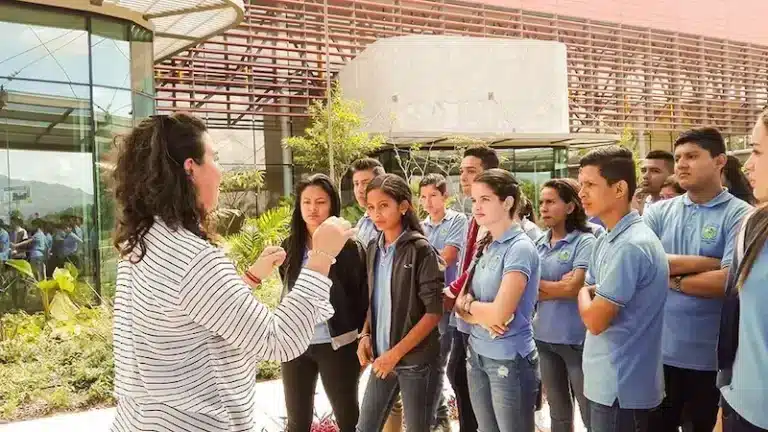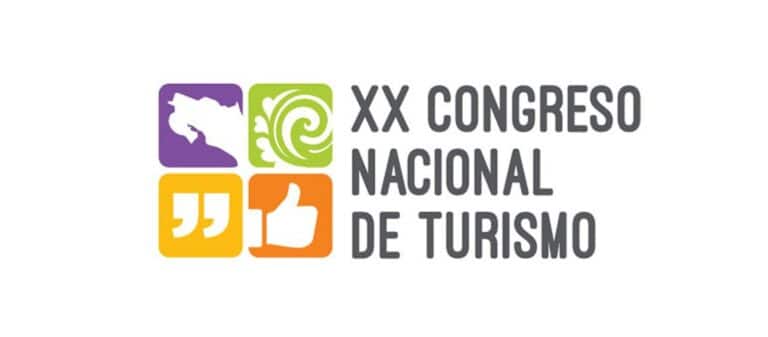The success of an event doesn’t end when the lights go out and the doors close. One of the most crucial moments to ensure the quality, relevance, and effectiveness of an event is what happens afterward: collecting and analyzing post-event feedback. This process goes beyond internal impressions or attendance numbers, offering a clear and objective perspective from the attendees’ point of view. Feedback is a strategic tool that allows organizers to identify successes, correct mistakes, and uncover opportunities for improvement and innovation. In an environment where participant experience is key, feedback becomes a competitive advantage that ensures the relevance and sustainability of events in the long term.
Feedback is one of the most accurate ways to assess whether the proposed objectives were met. It’s not just about numbers or counting attendees, but about understanding the quality of the experience. Comments on participant satisfaction, the relevance of content, interaction with speakers, and the overall organization provide a comprehensive evaluation of the impact generated. This information allows for a comparison between the results obtained and the initial expectations, fine-tuning metrics for future editions and gaining a deeper understanding of the event’s performance.
It’s not the number of attendees, but the quality of their experience that defines the impact.
Every event offers a unique opportunity to learn and evolve. Feedback acts as a compass to identify areas for improvement, revealing aspects that may not have met expectations. For example, it may highlight insufficient signage, tight schedules between activities, or dynamics that didn’t achieve the desired impact. Incorporating these lessons ensures that future events are more seamless, efficient, and successful, fostering a constant cycle of continuous improvement.
Asking for attendee feedback not only contributes to internal improvement but also strengthens the connection with participants. By requesting their feedback, organizers convey the message that their opinions are valued and their experience matters. This approach promotes loyalty and increases the likelihood that participants will attend future editions, especially if they notice that their suggestions have been taken into account and implemented. Feedback thus becomes a bridge that strengthens relationships and fosters greater participation, building lasting connections.
Additionally, attendees, collaborators, and suppliers often provide fresh perspectives and creative ideas that can open new possibilities. Through their feedback, organizers can discover innovative approaches that hadn’t been considered before, such as the incorporation of new technologies, more interactive activities, or logistical improvements. These ideas help renew the event experience, surprise attendees, and stand out in an increasingly competitive market, adding value to every new edition.
In corporate or large-scale events, measuring return on investment (ROI) is essential. Attendee feedback helps assess whether the resources invested—such as time, money, and staff—achieved the desired results in terms of satisfaction, brand positioning, or lead generation. The metrics obtained through feedback provide concrete data to justify future investments and demonstrate the event’s value to sponsors and stakeholders, consolidating the organizers’ credibility.
Satisfaction is the visible outcome; feedback is the invisible key to success.
In summary, post-event feedback is much more than a formality; it is a strategic tool that provides critical information on the effectiveness and impact of events. By collecting and analyzing attendee opinions, organizers can refine every aspect of the experience, strengthening both planning and execution. This process fosters a culture of continuous improvement and reinforces relationships with participants, increasing satisfaction and loyalty.
Moreover, feedback opens the door to innovation, enabling organizers to stay ahead and adapt to audience expectations. In a changing and competitive environment, the ability to listen and respond to audience needs is key to ensuring long-term success. Every suggestion taken into account not only improves the quality of the event but also projects a professional and committed image, ensuring that each new edition surpasses the previous one and remains relevant over time.
Diana Ugalde
Event Coordinator





